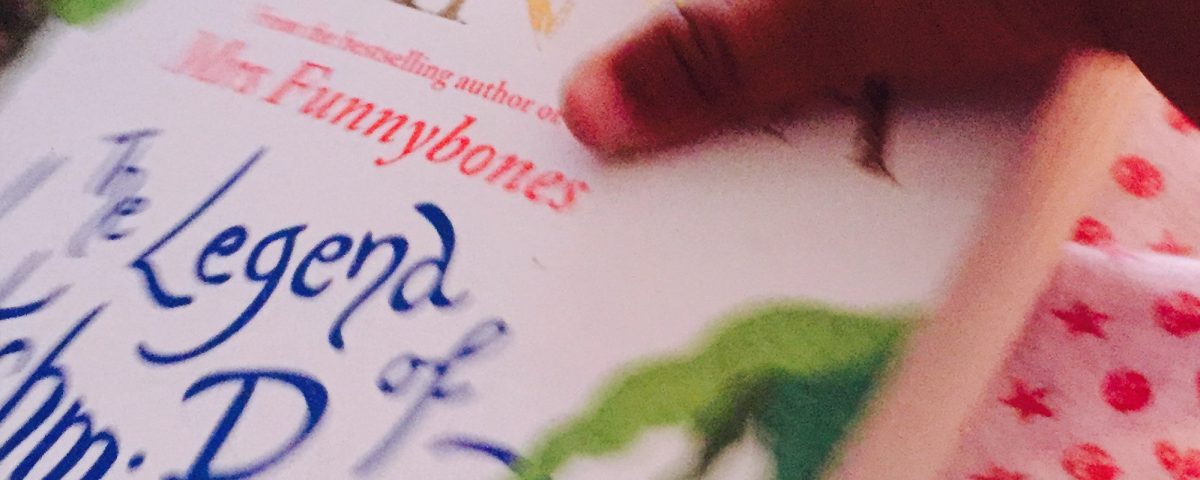


The Legend of Lakshmi Prasad
I read a lot. Perhaps in the past few years I haven’t really read a novel, but I keep reading an article or write up whenever I can. I have read a few English novels by Indian writers where the story was amazing but the grammar made me pull my hair out. For example, instead of ‘last night’, many authors would write ‘yesterday night’ which is so wrong. Likewise, ‘today night’ instead of ‘tonight’. There are also a few parenting websites that I go through every week and find amazing concepts and thoughts expressed but in, something what we now call, Hinglish. Yes, after living in India, you’re sometimes not sure what the right word is, and while speaking, in the speed that everyone wants to convey their messages, the grammar is lost. Honestly, I am horrible at speaking Hindi or any other language for that matter. I can convey my message to the concerned in Hindi, but grammatically I suck. In such a situation, you will never find me writing an article in Hindi, let alone a book.
Lately, I happened to read Twinkle Khanna’s second book before the first one because that’s the way I received it. I could not keep the second one waiting while the first one had yet to arrive. I have read almost all of her write ups on TOI so was wondering what was in store in her books. Even if I’m unaware of the current affairs, I get a hint about what’s going on from what she writes and I find that she is similar to me where straightforwardness is concerned but on the level that she is, I sometimes wonder if she’s playing with fire.
So, I loved the way she has written the book too, grammatically as well as with satirically. The mention of Indian family scenes and traditions makes me wonder if she puts a little of her life into the book too. In her second book, “The Legend of Lakshmi Prasad”, her four protagonists are common people trying to make a difference, just like many of us. I could have been Lakshmi who was filled with rage with all the injustice against female flesh and drove herself to change the mind-set of the villagers forever. Noni Appa was an old widow who found someone she wanted to spend the rest of her life with. I’m not very sure what the story of Elisa wanted to convey because her search for Mr. Right, I presume, landed her in the grave. And finally, after noticing that the second half of the book was dedicated to the story of Bablu and his remarkable discovery of how to make cheap sanitary pads, I wonder how it is going with the introduction of GST.
Basically, I enjoyed reading the book but prefer reading her articles on TOI more. More power to her and her writing.